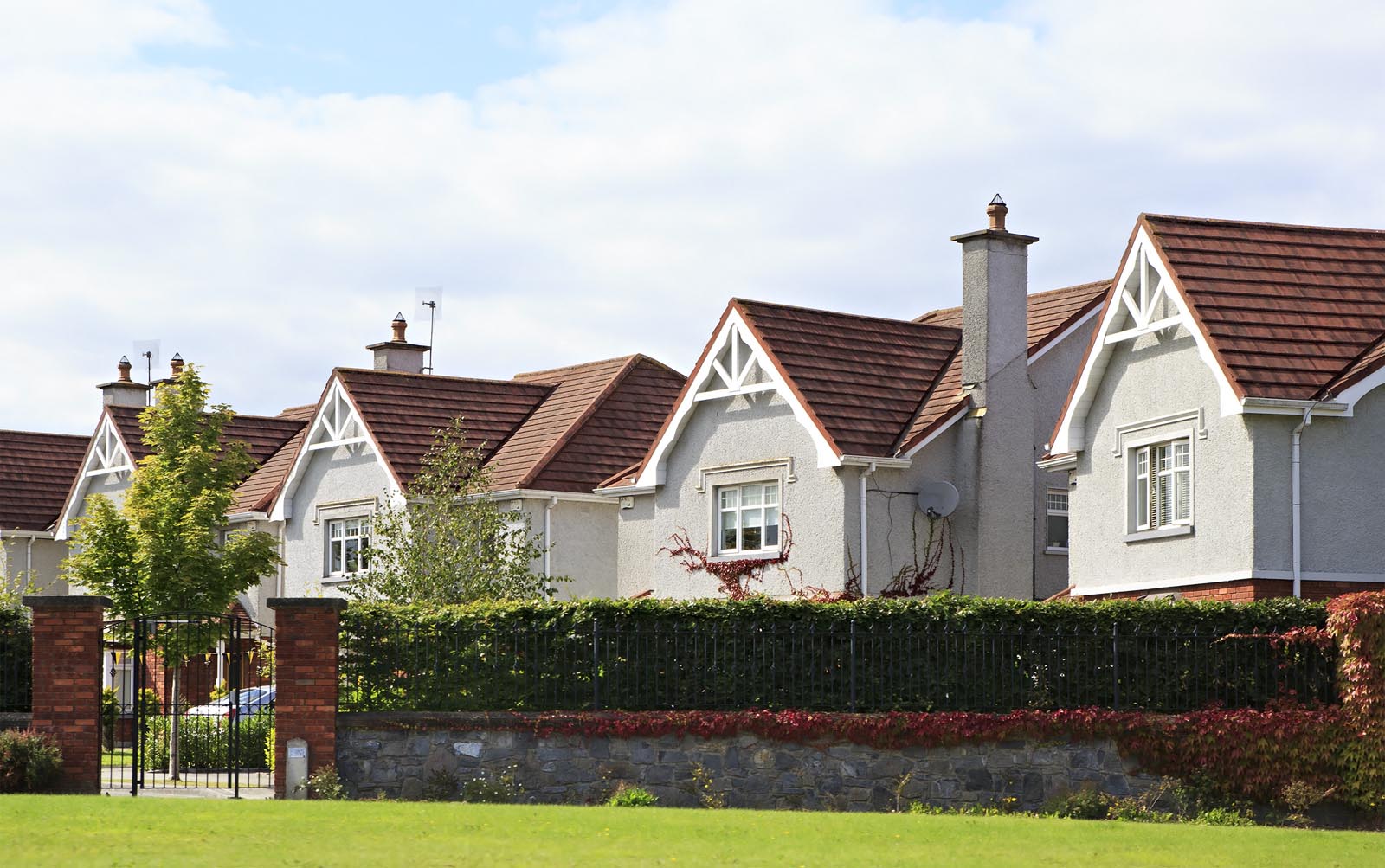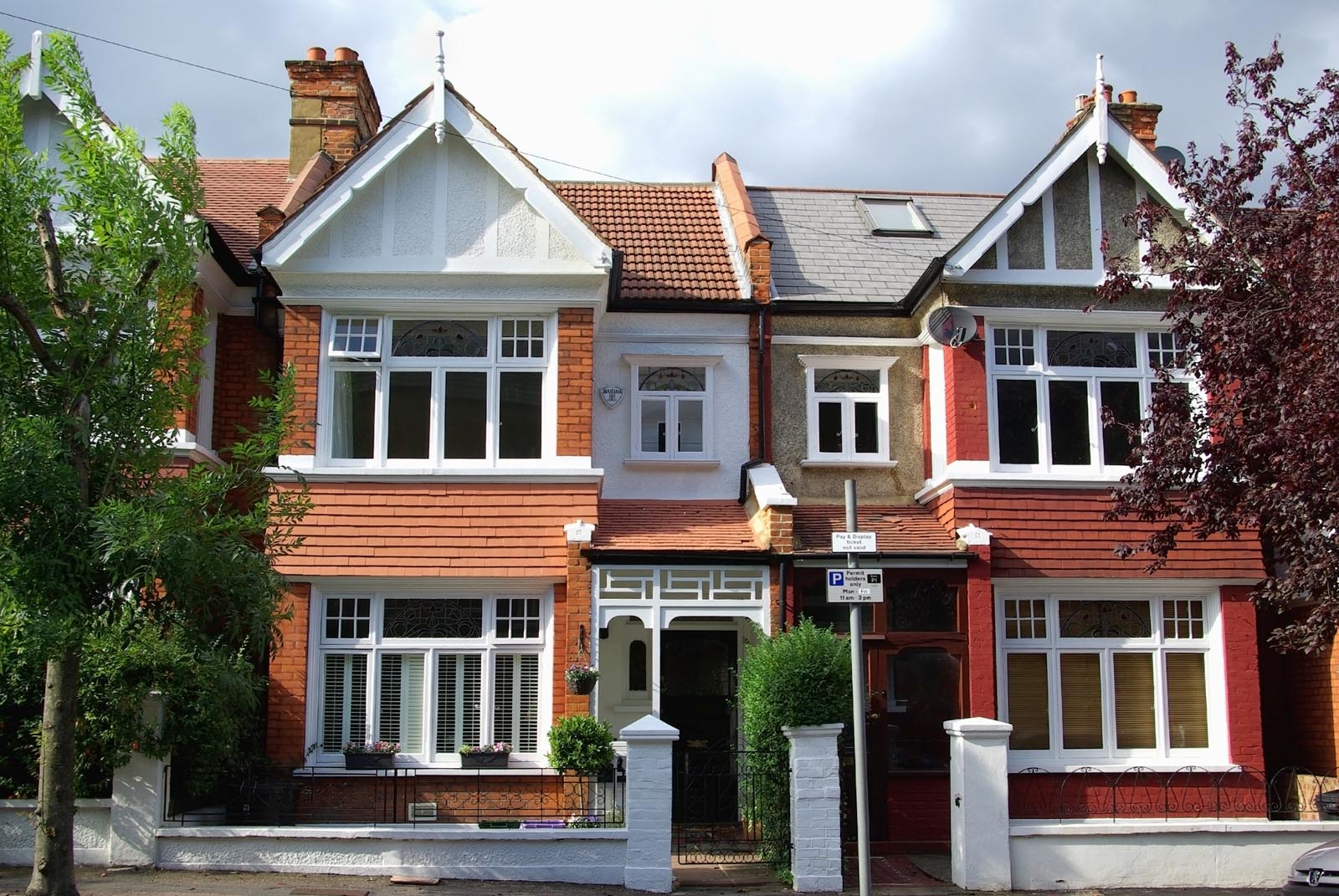Home insurance protects your home should it be damaged in a sudden and unforeseen event such as a fire or in bad weather, or be broken into and your belongings stolen.
Home insurance will protect you from unexpected costs associated with damage to the structure of your home, as well as replacement of its contents, depending on what type of cover you choose.
MortgageOne is an insurance specialist offering expert, impartial advice to find you the best insurance solution for your circumstances and your budget. MortgageOne is part of the LHK Group who have been in business since 1938.

Table of Contents
What does home insurance cover?
Home insurance cover can be purchased as buildings cover, contents cover, or both types of protection in one combined policy. The type of cover you need will depend on your situation.
Buildings cover
Buildings cover protects the structure of your home, such as the roof, outer and internal walls, windows including glass, and doors, including any sheds or outbuildings as well as fixtures and fittings such as sanitary ware and kitchen units.
Contents cover
Contents insurance protects your belongings within the home. Items such as furniture, decor items such as carpets, electronics and appliances, clothing, jewellery, home office and sports equipment may all be protected by contents insurance.
Benefits of home insurance
Depending on the type of cover you choose, home insurance offers a number of benefits as standard. If you choose additional forms of cover, these will incur an increase in your home insurance premium.
Most home insurers offer an emergency call out and repair service in a home emergency with a number of call outs included each year as standard. Replacement of locks and keys in a break in would usually also be included.
Buildings cover will protect you for the cost of repairs or rebuilding your home, including underground pipes and cables, following an insured event such as a fire, storm, break in or malicious damage, escape of water or oil, or, depending on the location of your home in case of subsidence, landslip, or flood.
Fire brigade charges are covered by most home insurance policies in the event of a fire.
Site clearance and debris removal should be covered as these costs can be significant following a serious accident or fire in your home.
Contents insurance should cover the cost of replacing your personal belongings stored within the home in the event that they are lost or damaged in an insured event.
Contents cover may include cover for frozen food, credit and debit cards if they are stolen, lost or damaged title deeds to your home, and alternative accommodation if you are unable to stay in your home following an insured event.
Home insurance should also protect you for legal liability in the event a visitor or a domestic employee is injured or has their property damaged while in your home.

Additional forms of cover
There are optional extra forms of cover which may be purchased alongside your home insurance buildings and/or contents cover. You may pay a higher premium to include these forms of cover.
Accidental damage cover protects you from unexpected expense if your home or possessions are accidentally damaged, for example if you break a window or spill paint on a carpet.
Contents cover may provide indemnity cover which means that your belongings are covered to their value less wear and tear, or you can cover them with new for old cover which replaces damaged items with new ones.
All risks cover may be arranged for single items of high value, such as a laptop, watch, or engagement ring. This will protect these items when you take them outside the home, as well as in the home.
Is there anything that is not covered by home insurance?
Policies vary in their finer details but generally there are some exclusions in most home insurance policies.
Most home insurance does not protect you where your home is left unoccupied for more than 30 days and occupation is usually a condition of your cover.
Wear and tear type damage is also not included in home insurance, and you are expected to maintain your property and keep it in good repair.
Most home insurance companies will not cover your home if it is under the course of construction or you are carrying out significant renovations or building work, they may offer you basic fire cover but you would need to contact your insurer and inform them of the work you are carrying out.
Damage to your home due to war and terrorism or civic disturbance may not be covered by your home insurance policy.
Who needs home insurance?
Buildings cover is usually purchased by property owners, be they residents who own their home or landlords who may purchase specific landlords insurance.
You can purchase standalone contents cover on its own which is sometimes called tenants’ or renter’s insurance if it is purchased to protect a tenant’s belongings in a rented home.
You can also purchase home insurance which has a combination of buildings and contents insurance, sometimes with the contents cover as a percentage of the buildings cover, this is sometimes called homeowners insurance.
Home insurance is not a legal requirement like car insurance but it is a valuable form of protection and your mortgage lender may require borrowers to have at least buildings cover in place when you draw down your mortgage.
How much does home insurance cost?
Your home insurance cost will be determined by a number of factors like the type of cover you need, the value of your home and belongings, and where you live as well as other factors.
What is underinsurance?
Underinsurance has been in the news of late and many homeowners are being asked by home insurance companies to review their home insurance cover, especially their buildings cover, to prevent underinsurance.
Underinsurance occurs when your home insurance cover is insufficient to pay for the cost of rebuilding or repairs to your property following an insured event. Underinsurance can also occur where your belongings are not insured for their up to date value.
Recent cost of living increases have seen construction costs, including materials, fuel, and labour soar and these will affect the rebuild value of your home.
The value of your possessions such as jewellery may be much higher than you think. Even more everyday items, such as furniture and appliances, may be much more expensive to replace than you might expect these days.
It is also essential that you reassess your home insurance when you have undertaken an extension or renovation to your home also, as these projects will affect the rebuild cost of your home insurance buildings cover.
Get expert home insurance advice today
If you are buying your first home or a home mover, contact MortgageOne and you can speak to an expert, independent, and experienced insurance advisor about your home insurance needs.
We can help you to get appropriate home insurance cover in place as required by your mortgage lender.
It is also good to review your home insurance cover regularly to avoid underinsurance and make sure that you are not paying more than you have to.
MortgageOne can help you to find the best home insurance cover for your needs that suits you and works with your budget. Fill in your details or call us and you can avail of a free insurance consultation today.



